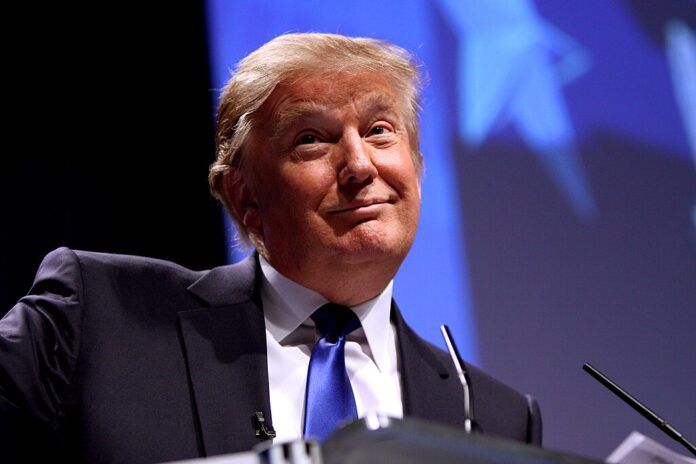The former president claims Judge Tanya Chutkan’s decision to release evidence just before the election constitutes “election interference”
Donald Trump has unleashed a torrent of criticism against US District Court Judge Tanya Chutkan, branding her “the most evil person” after she released over 1,800 pages of evidence in the election conspiracy case against him. This decision comes just weeks before the presidential election, prompting the Republican candidate to allege that the timing constitutes “election interference.”
In a podcast appearance with right-wing media personality Dan Bongino, Trump condemned the judge’s rejection of his request to delay the release of evidence until after the November vote. He claimed that such actions undermine the electoral process. Legal experts have debated whether the release of these filings breaches a Department of Justice internal rule that advises prosecutors to avoid any actions that could affect an election within 60 days of voting.
However, Judge Chutkan defended her decision, asserting that withholding the documents could itself be viewed as election interference. In her ruling, she noted, “If the court withheld information that the public otherwise had a right to access solely because of the potential political consequences of releasing it, that withholding could itself constitute—or appear to be—election interference.”
Embed from Getty ImagesThe newly released documents largely reiterate information already available to the public, including excerpts from former Vice President Mike Pence’s biography and his statement regarding the certification of the 2020 election results. These materials are part of a motion filed by Special Counsel Jack Smith last month.
Trump, during his podcast appearance, did not hold back in his criticism of both Judge Chutkan and Special Counsel Smith, referring to Smith as “a sick puppy.” The indictment against Trump revolves around the events of January 6, 2021, accusing him of conspiring to illegally overturn his defeat in the 2020 election to Joe Biden.
In a controversial remark, Trump likened the detention of individuals charged in connection with the Capitol riot to the internment of Japanese Americans during World War II, stating, “Why are they still being held? Nobody’s ever been treated like this… Maybe the Japanese during the Second World War, frankly.” This comparison has drawn criticism, highlighting the sensitive nature of historical injustices.
The evidence released on Friday also includes transcripts from interviews conducted by the January 6 House Committee, sections of Pence’s autobiography, and fundraising emails sent to Trump supporters. The full implications of this evidence remain unclear, especially regarding whether the January 6 case will ever see a courtroom. Should Trump return to the White House, he has indicated he would seek to end the prosecution.
This legal battle adds to a series of criminal cases Trump faces, including a recent conviction on 34 felony counts in New York related to hush-money payments. With the election fast approaching, Trump’s legal woes and his aggressive stance against judicial actions could play a pivotal role in shaping voter sentiment.
